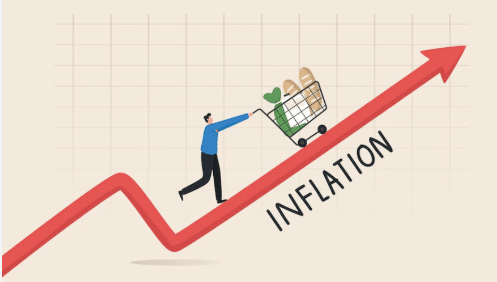A single interest rate cut won’t be enough to address Canada’s growing economic challenges and a softening labour market, says Andrew Hencic, Director and Senior Economist at TD Bank.

In a Friday interview with BNN Bloomberg, Hencic reiterated TD’s long-standing position that the Bank of Canada (BoC) should make two rate cuts to effectively support the struggling economy.
Also Read: Buy Canadian AI stocks
Last week, the BoC lowered its key policy rate by 25 basis points to 2.5 per cent — its first rate reduction since March — citing labour market weakness. The central bank signalled its readiness to make additional cuts if economic risks persist.
Hencic said the next cut should come in October, bringing the rate closer to the lower end of the BoC’s two per cent inflation target. He pointed to continued sluggishness in economic activity and business investment, worsened by the ongoing trade war, as reasons for a further rate reduction.
Also Read: Best long term Canadian stocks
“Inflation has already shown a meaningful decline over the past three months,” Hencic noted. “We’re nearing the bottom of the two per cent range, and with further labour market slack expected later this year, price pressures should continue to ease. That strengthens our belief that another rate cut would come with minimal risk.”
Rate Cuts Can’t Solve Trade Tensions
While supportive of rate reductions, Hencic acknowledged that monetary policy has limited ability to address the impacts of tariffs and trade barriers.
“Tariffs are essentially a supply shock,” he said, likening the situation to the economic disruption caused by the Ukraine war in 2022. Although the federal government mitigated some of that pressure by removing retaliatory tariffs, demand within the domestic economy has since weakened.
“That’s where interest rates have a role — they can help boost domestic demand,” he explained. “But improving supply-side issues will require government action through trade negotiations and securing new investment and global partnerships.”
Economy Expected to Avoid Recession
Looking ahead, Hencic predicts Canada will avoid a technical recession — defined as two consecutive quarters of negative GDP growth — and sees third-quarter growth coming in at one per cent annualized.
He credits stronger-than-expected consumer spending, particularly a surge in vehicle sales during the second quarter, for the optimistic outlook.
“Last year’s third and fourth quarters also showed robust consumption,” he added. “Though trade tensions have weighed on the economy, domestic spending has helped keep things afloat.”
Sign Up For our Newsletters to get latest updates





